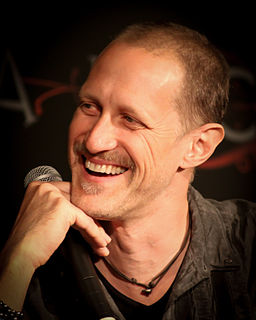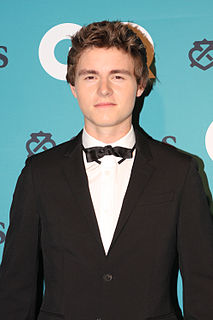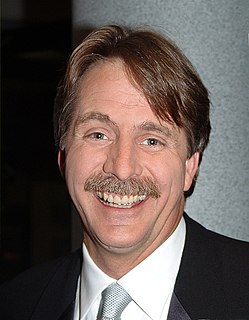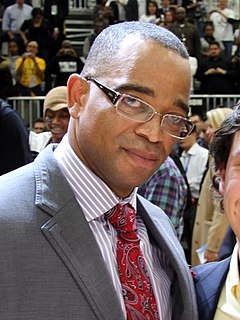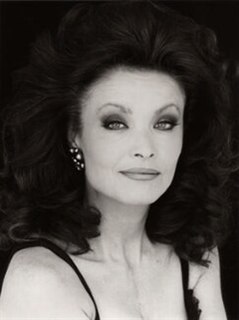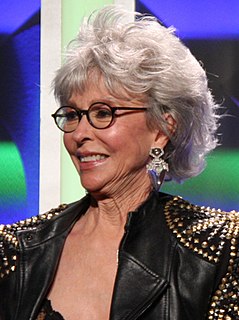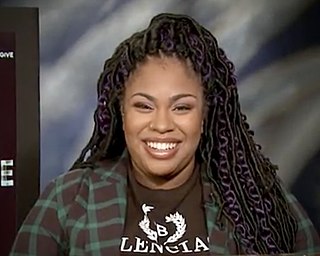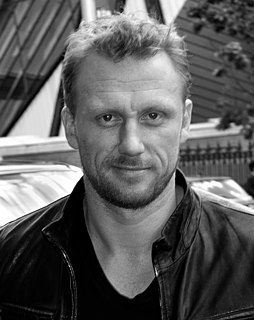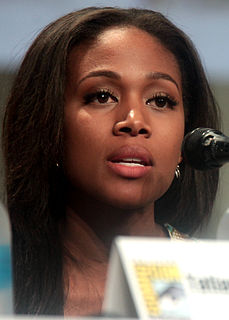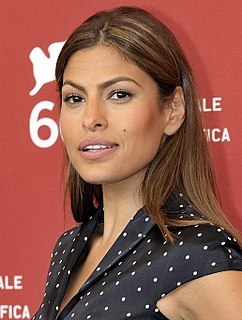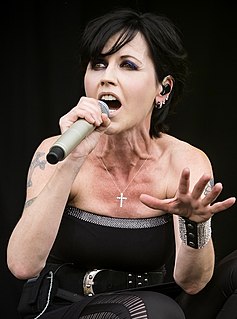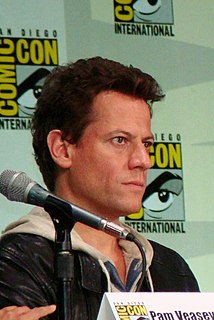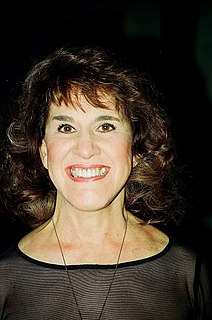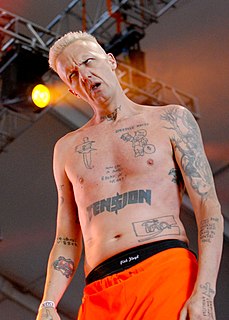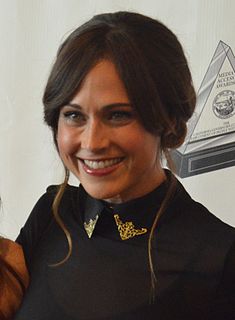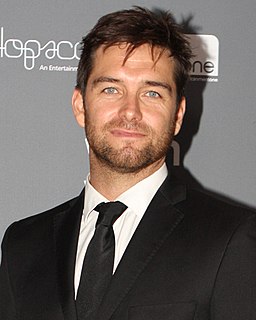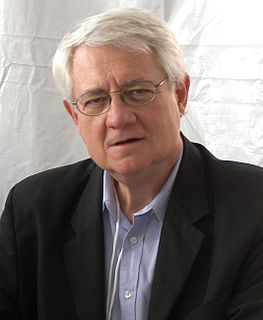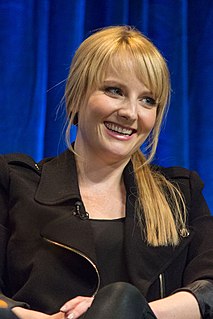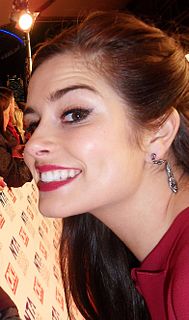Top 1002 Accent Quotes & Sayings - Page 2
Explore popular Accent quotes.
Last updated on September 19, 2024.
With the accent, it's an internal dialogue that Southerners have with themselves. We kind of carry around that shame, that feeling of being inferior to the North. I think I did lose some of the accent for a while. Because when I was a graduate student, I was terrified at having to get up in front of a roomful of smart New York kids.
I lived in America for a long time before I started working as an actor. Some actors show up on set and have never done an American accent before, so they rely on a slew of technical mechanisms. Part of what makes an accent is understanding why people speak that way - you have to understand the culture.
I have played Polynesian. I have played an Arabian girl. I played an East Indian girl. And what was so confusing about that, which I mention in my book, is that I assumed I had to have an accent. Nobody said anything, so I made up what I call the universal ethnic accent, and they all sounded alike. It didn't matter who I was playing.
I live in LA so I worry my kids aren't that connected to Britain, I suppose I don't want them to become American kids. We try to get back three or four times a year. When they go to school they speak with a British-American accent but when they come home to us they go back to their British accent, so I can deal with that.
The villain is usually the most interesting part. But it has to be a smart thing. Just dumb cliche villains with a Russian accent and big muscles and a mean face, I don't know. My Russian accent isn't that great, and the muscles aren't that big and the mean face is not enough. You know what I mean? It gets very boring. Tedious stuff.
When you hear somebody speaking in an accent, it's almost like they're invading your language while they're speaking to you because if you hear someone speak another language, you almost don't care. But when they speak your language with an accent, it feels like an invasion of something that belongs to you. And, immediately, we change.
It's really an organic sort of process. You start off with the character on the page. You fall in love with that character and you have to represent that character well and I think it's just an evolution there. Using the accent and speaking the lines with the accent in fact opens the door to who the character really is.
The villain is usually the most interesting part. But it has to be a smart thing. Just dumb cliché villains with a Russian accent and big muscles and a mean face, I don’t know. My Russian accent isn’t that great, and the muscles aren’t that big and the mean face is not enough. You know what I mean? It gets very boring. Tedious stuff.
I have trouble sometimes watching actors - even when they do a great job - with an accent. It kind of removes me, somehow. And maybe at some point, yeah, it could be a really cool experience. It's not something that I consciously think, "Oh yeah, I want to do a movie with an accent." Not to say that it couldn't happen.
I think people are really picky about English accents. When a Brit comes over here and kind of does an OK American accent, everyone's like, 'You were great! Fantastic!' But in England, even if you were doing a pretty good accent, they're like, 'But where are you from?' 'London.' 'What part of London?' Accents are really precious over there.
I'd never gotten to do an accent for anything that I've done, so that was really appealing because I love doing accents. Ever since I was a kid, I made it my business to try to mimic foreign accents, so it was really fun to be able to do that. I was really working on the accent to try to make it really good.
I also listened to hours and hours and hours and hours and hours of [J.F.] Kennedy, and I sort of built [ accent]. And then I got on set [of 'J.F.Kennedy' movie ] and forgot it.But that's what you want to do. You want it to just be real. And I think authenticity was better than - people always talk about when an accent doesn't work, and the phrase you always hear is, "It was inconsistent."
Well, English is no problem for me because I am actually English. My whole family are English; I was brought up listening to various forms of the English accent. Obviously there are more specific ones that get a little bit tricky. Same with American stuff. But because in Australia we're so inundated with American culture, television, this that and the other, everyone in Australia can do an American accent. It's just second nature.
The American accent is a little bit tricky. We grew up with American TV shows, so we've had a lot of exposure to it and that helps, but there's little nuances and little details. Sometimes there'll be just a phrase or couple words that are really difficult to get your mouth around. At the end of every season we go over and revoice anything that has sound issues, including my kiwi accent coming out.
I'm sorry,' said the shopkeeper. 'I can't understand your ridiculous accent.' 'My accent?' 'It is quite silly.' 'So you can't understand me?' 'Not a word.' 'Then how did you understand that?' 'I didn't.' ''You didn't understand what I just said?' 'That's right.' 'You understood that, though.' 'Not at all.' The American glowered.
I live in L.A. so I worry my kids aren't that connected to Britain, I suppose I don't want them to become American kids. We try to get back three or four times a year. When they go to school they speak with a British-American accent but when they come home to us they go back to their British accent.
Thank God, I have sort of a pan-European accent rather than Russian, which doesn't sound very pleasantly to Americans. For them, we speak with a rather rude pitch, and that might be our actors' problem there. Now I've begun working with language coaches in Los Angeles to get rid of the accent completely.
I was surprised by some of my French colleagues who immediately assumed that because I spoke English with an American accent, that, therefore, you must be a supporter of whoever is the current president of the United States. There seems to be this widespread feeling that, 'Oh, American accent - therefore, you like cowboy boots.'
I had this very strict rule when I began auditioning that I wasn't gonna do a thicker accent, because it was like, 'I can't tell if it's supposed to be funny because he talks funny.' And now I feel like there are certain characters that I could play that could involve doing a thicker accent, as long as it's specific to that character.
If I can iron out my accent, it opens up another world of possible jobs. Whereas if you have that very strong European accent, it leaves you always being cast as the Hungarian maid or the stripper or whatever. I have voice lessons, and my coach has given me different tongue-twisters to rehearse at home.


